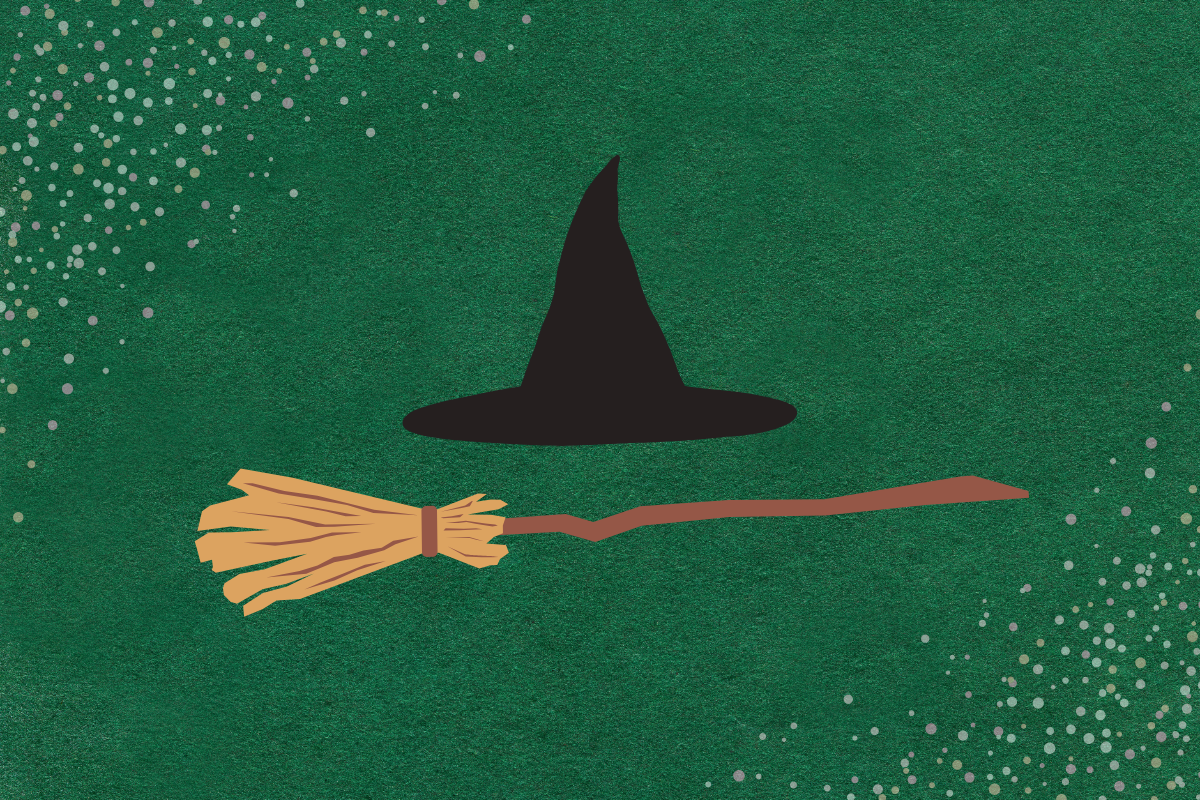
By: Kate Peel, Education Specialist
The beloved Broadway musical “Wicked” has been brought to life in a new movie adaptation that has resonated with many audiences, revealing the complexities of love, friendship, and the challenges of being an outsider. Wicked offers something deeper — an exploration of bullying and the psychological toll it c
an take, particularly in the context of childhood bullying and abuse. Let’s delve into how the movie adaptation may shed light on themes of bullying and child abuse and why it is important to so many people.
Understanding the Impact of Rejection and Isolation
From the start of Elphaba’s childhood, she is othered and looked down upon for being green. Her mother’s neglect and her father’s abandonment left her with a deep sense of isolation and pain. When a child is deprived of love and attention, they may struggle to develop a healthy self-esteem. This is a form of abuse in Elphaba’s early life. Elphaba’s experiences are compounded by the bullying she faces from her peers. Growing up in a society where differences are feared, Elphaba becomes the target of mockery, rejection, and isolation. These early experiences of neglect and bullying impact her identity as she grows into adulthood.
Bullying and Its Impact on Identity
The impact of bullying on a child’s identity cannot be understated. Every cruel comment and act of rejection further solidifies Elphaba’s belief that she is not worthy of love or acceptance. Bullying often leads to feelings of shame and worthlessness, and for children who experience it, their sense of self can become clouded by the words of others.
Her transformation into the “Wicked Witch” is not just a literal one but a metaphor for the emotional scars that result from years of being bullied and rejected. It’s a heartbreaking example of how negative perceptions can cause a person to internalize pain and anger, which ultimately manifests as outward bitterness and rebellion.
Friendship Amidst Bullying
Glinda the “Good Witch” represents a stark contrast to Elphaba as a character who seems to have it all — popularity, beauty, and a sense of belonging. Their relationship grows from loathing to a true friendship through many challenges. Glinda’s evolving understanding of Elphaba highlights the importance of empathy, support, and the power of standing up against bullying. In a pivotal moment, the Ozdust duet, Glinda begins to see beyond the surface and embraces Elphaba’s individuality rather than succumbing to the bullying that she is facing. In a moment of self-reflection, Glinda begins to understand the depth of Elphaba’s struggles and stands by Elphaba despite societal expectations. By choosing empathy over popularity, Glinda shifts from being a passive bystander to an active ally in Elphaba’s journey.
Elphaba feels seen beyond her green skin and has a sense of safety with Glinda that she hasn’t felt before. She starts to believe that not all relationships are rooted in rejection and pain and finds hope in that healing is possible, even for those who have suffered from bullying. The exchange between Elphaba and Glinda is critical to show how compassion can break through layers of isolation.
The Bigger Picture
While Wicked focuses on the story of Elphaba, the broader themes reflect the bullying and abuse that can happen when society chooses to “other” someone or push people aside because they don’t fit a standard whether rooted in appearance, background, or different ideas. Elphaba’s rejection is a symbol for so many young people who face discrimination, isolation, and harm simply because they don’t meet certain expectations. The emotional and psychological effects of this treatment are long-lasting, impacting mental health, relationships, and self-worth.
The Power of Representation and Healing
The new Wicked movie isn’t just a fantasy about witches and wizards — it’s a powerful reminder of the real-world effects of bullying. For those who have faced rejection or cruelty, seeing a character like Elphaba navigate her struggles may provide understanding and comfort. They, too, deserve compassion and love.
Just like Elphaba, those who have experienced bullying can rise above, rebuild their self-worth, and find healing. Elphaba ultimately becomes a symbol of resilience and defiance.
The Need for Compassion
As we enjoy the movie on the big screen, let’s take a moment to reflect on the real-world implications of bullying and child abuse. Just like the characters we see in Wicked, children who face neglect, rejection, and cruelty can be hurt deeply. But with understanding, love, and the right support, they, too, can heal and find their place in the world.
